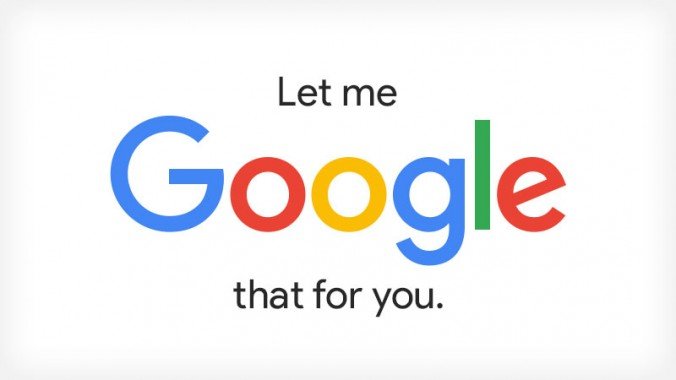Has someone ever asked you a question that could have been easily answered with a quick Google search?
Let me introduce you to LMGTFY.com, short for “let me Google that for you.” The site’s existence is a snarky response to one of the diseases of the 21st-century workplace: people asking questions that could be easily answered themselves, usually by doing a quick Google search. If you’re the victim of a LMGTFY question — and have no concern for your relationship with the offending questioner — send them a LMGTFY link. They’ll think twice, and search at least once, before asking again.
(I really hate LMGTFY questions.)
My friends at Solutions 21 talk a lot about the gap between knowing and doing. That gap is growing ever wider, not because people know less (though research shows that access to the web makes you think you’re smarter than you are), but because answers to many questions are readily available. If you’re asking LMGTFY questions, or only providing operational-level answers, you’re allowing your work product to be a low-value commodity (and you’ll likely be rewarded in kind).
It’s fairly simple to deliver high-value answers. When I was a market research analyst, my boss would say, “I made the job title ‘analyst’ because I wanted you to interpret the data, otherwise I’d have called you a ‘market research reporter.’ ” Reporting the data is a commodity. Interpreting it, and providing reasoned, recommended solutions is what’s valuable.
Not sure exactly where to start? Here … let me Google that for you.



